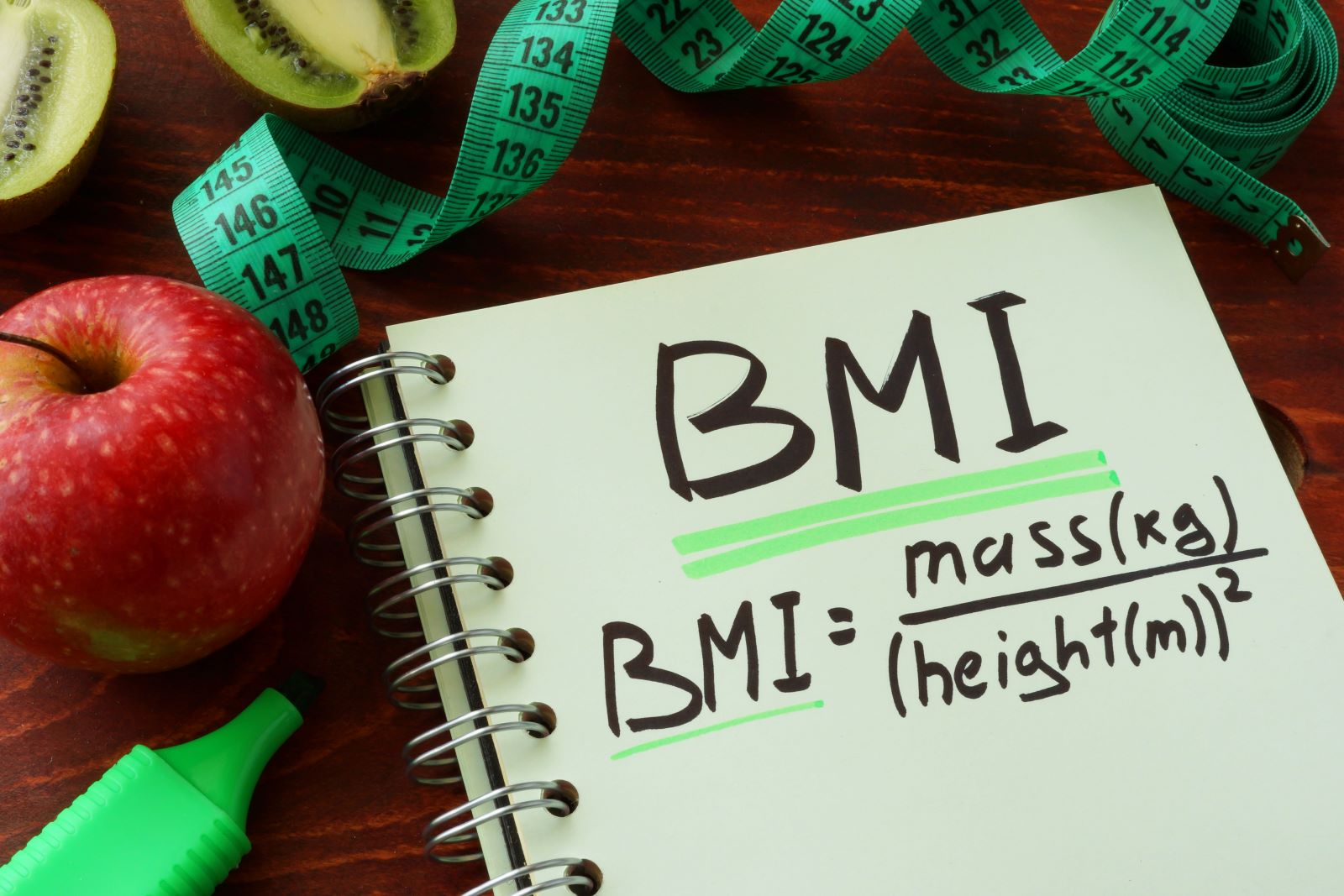<< Back
9 Ways to Gauge Your Health – Besides BMI

June 09, 2023
A secret nutritionists have long known is now being shared with the rest of us: BMI is not a complete measure of good health.
In fact, the equation for determining body mass index (BMI) was never intended as a health gauge.
“BMI is once again under scrutiny. While it’s often used to measure health, this comparison of a person’s weight to height was designed to gather population data, not for individuals,” says Melissa Keeney, RDN, clinical nutrition manager at St. Vincent’s Medical Center.
So how should we measure overall health? Keeney says there might be a better way.
There are downsides to using BMI to gauge health.
BMI categories are “underweight,” “normal weight,” “overweight” and “obese,” but she cautions that, “BMI is one tool, but not the best tool to determine a person’s general health.”
In fact, Keeney lists these five downsides to using it:
- BMI doesn’t consider genetics, ethnicity or predisposed body shape. It does not represent the general population. For example, women naturally have more body fat and less muscle mass than men, she notes.
- BMI can’t differentiate between lean body mass, body fat, muscle, tissue or fluid. We know muscle and bone weigh more than fat, so someone who is muscular or has a larger frame may have a higher BMI. BMI can also overestimate body fat in older adults or those who lose a lot of muscle.
- BMI can frighten people. But it shouldn’t, says Keeney. There is evidence that people with higher BMI live at least as long as those in the “normal weight” category.
- BMI can cause weight bias. It is a common misconception that lower weight equals better health.
- BMI does not consider healthy behaviors. Habits like eating fruits and vegetables, getting quality sleep, drinking enough water and being physically active most days are better ways to measure health, she says.
> Related: 5 Tips to Start Your Weight Loss Journey Off Strong
There are better ways to measure your overall health.
There are various ways, Keeney stresses, to measure overall health status without using BMI. She suggests noting if you:
- Feel energized throughout the day
- Eat fruits and vegetables
- Can listen to your hunger and fullness cues
- See improvements in blood pressure or tests for blood sugar and cholesterol
- Prepare meals at home and eat less take out
- Drink water instead of sugar-sweetened beverages
- Add whole grains to meals
- Decrease alcohol intake
- Feel refreshed after sleeping
“The best way to make long-lasting changes is to set small, realistic goals,” Keeney says.
For more individualized nutrition recommendations and goal setting, a consultation with a registered dietitian-nutritionist can help.